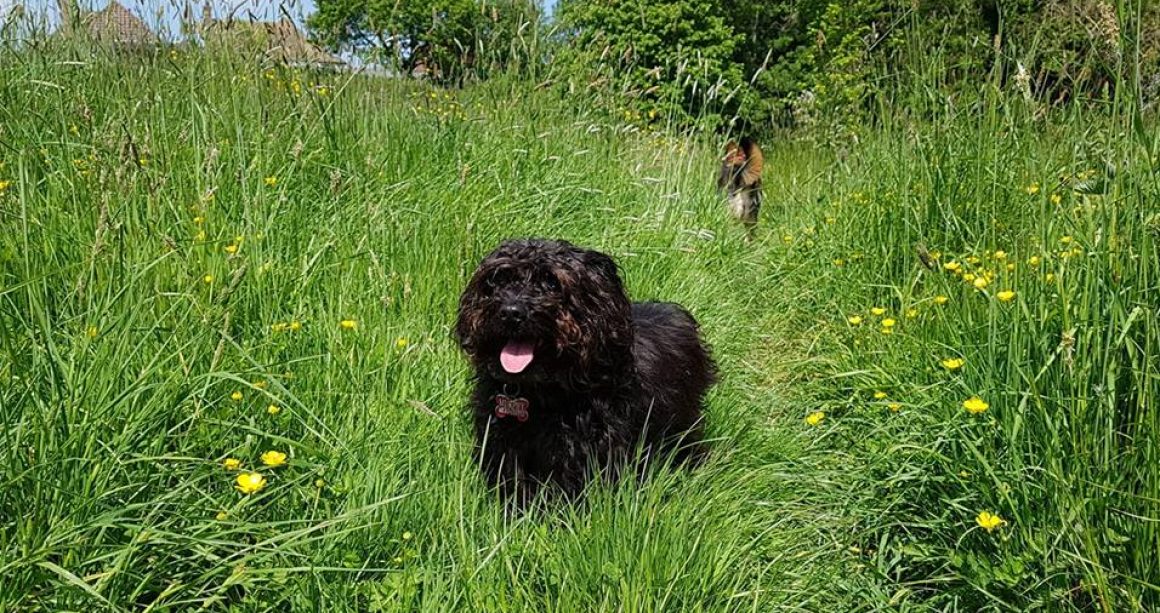
I used to be a regular BBC Radio 2 listener but, as I got older, so it became less and less relevant. I stopped listening to the station about two years ago, although I do still dip in occasionally. I suspect that, like many people of my age in the UK, I made the switch to Greatest Hits Radio (GHR), a commercial station that only plays music from the 70s, 80s and 90s, with the occasional dip into the 60s and sometimes tracks from 2000-ish. To make it more palatable (and advert-free), I actually subscribed, feeling that the £3.99 monthly subscription was worth it for losing all those advertisements. TV ads are bad enough but radio ones? Let’s not go there, shall we? Anyway…
While GHR caters for/panders to my core musical tastes, the thing I used to like about listening to Radio 2 was that, in addition to covering those eras, it also played lots of modern songs. Of course, while those started out as what would have passed as “light entertainment” tracks, as time passed (and the older DJs left/got fired), Radio 2 started catering much more to today’s 20- and 30-somethings. Rock and pop was slowly replaced with R&B and Hip Hop and I found myself a stranger to the station I’d followed for 30 years. Of course, I was a 30-something when I first started listening to the station but then, my preference was for earlier music, having been influenced by what my parents played. I had started my musical education via Radio 1, the BBC’s pop station, which is aimed at an audience up to about 25 years of age. Many of “my” Radio 1 presenters later transferred to Radio 2, so when I moved up, I was still listening to many of those same presenters.
The other thing that Radio 2 used to do was cater for older and specialist music. The likes of David Jacobs, Humphrey Littleton and Desmond Carrington played music from WAY back in the early 20th Century with their weekly shows. So, while it was only a small part of the schedule, still Radio 2 covered it. For a brief spell, “The Sounds of The Fifties”, another half-hour progamme hosted by Leo Green was broadcast once a week. Sadly, that was dropped after about ten shows, never to return.
While I enjoy listening to GHR, I really wish there was a station that did what Radio 2 used to do. Broadcasters must surely recognise that there are music lovers who want to maintain a mix of old and new. I bought a couple of CDs found via Facebook links that I quite liked (Halflives, MonaLisa Twins) but they tend to be few and far between. For my generation, the greater source of new music came from the radio. That may still be true of Radio 2 but I don’t want to have to listen to lots of other stuff I’m not interested in, just to find something I am interested in. Add to that the station’s propensity for shouty presenters, rather than ones we used to think of friends from afar, means I unlikely to return to Aunty Beeb anytime soon.
It was, therefore, a pleasant surprise to come across Boom, another digital station that caters specifically for Baby Boomers (thus the name). Among the presenters are Roger Day (who some near me may remember from Invicta Radio), David Hamilton, Simon Bates, Nicky Horne, Judy Spiers, Jenny Hanley, to name just a few. These are all big names from a now-bygone era but people who know their craft.
There is no studio and all the presenters host their shows from home. This is a unique feature of the station and actually adds to its homely, intimate feel. It’s also not bombarded with ads every other tune, which is a delight. I presume that’s because using home-based presenters keeps overheads low.
If I’m honest, to my mind, some of the presenters had seemed to come across as bit “local radio DJ”. However, I have only listened to parts of a couple of shows, so that may be an unfair review. What I did find was that the breakfast show was a gentle wake up affair, very much in the mould of the much-missed Terry Wogan. I rather liked that approach.
So far, the music I’ve heard on Boom has been very much from earlier eras than later, despite its apparent target audience. The station’s website does state that it also plays modern music, although I’ve not yet heard evidence, albeit on limited listening. It also acknowledges that many of it’s audience dips in and out, often for an hour or so. I also tend not to have the radio on all day these days, so I may find myself a good demographic match. I’ll be mostly sticking with my mix of GHR and Radio 4’s PM news programme for the moment but will keep dipping into Boom to see how it progresses.
